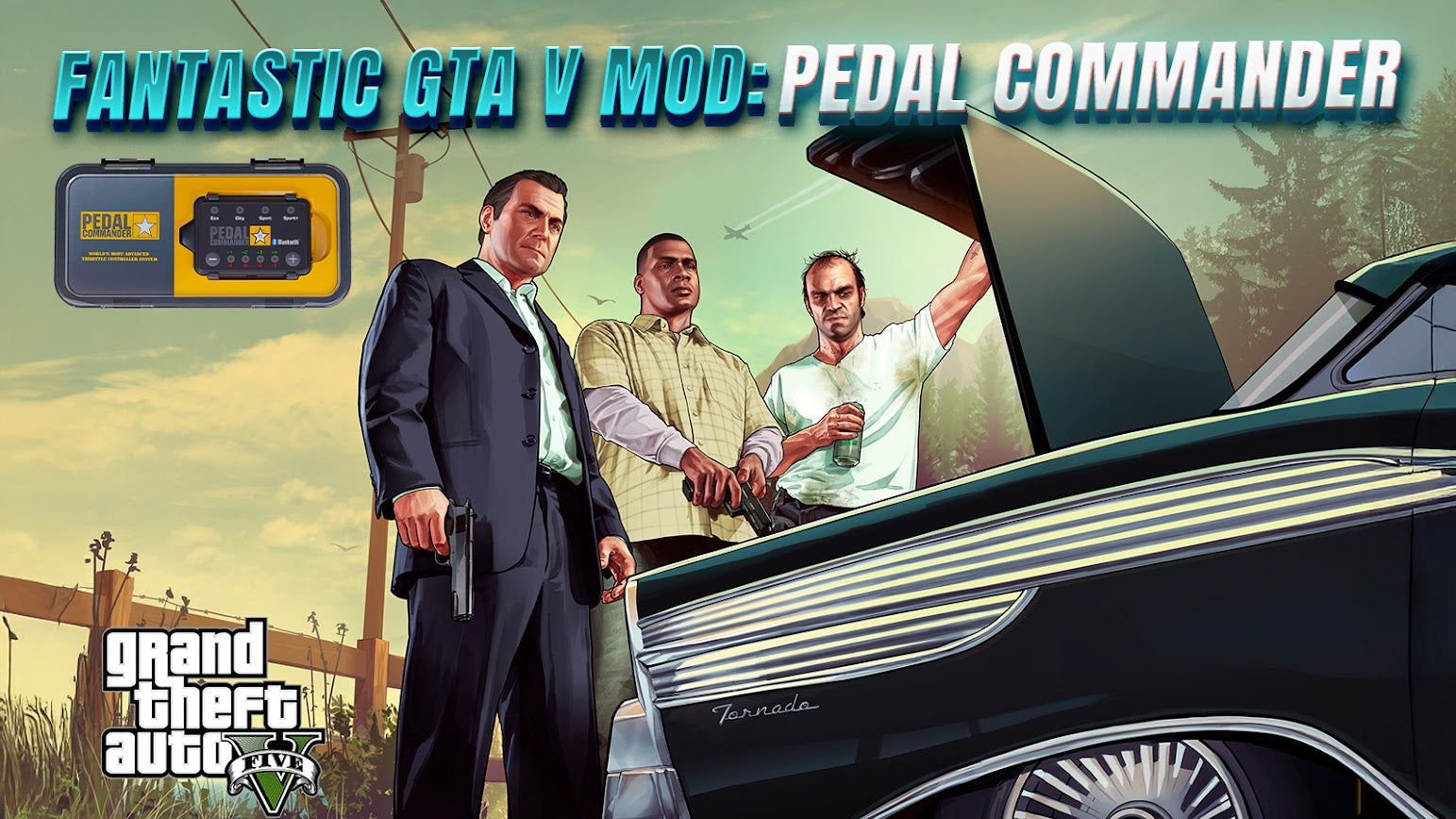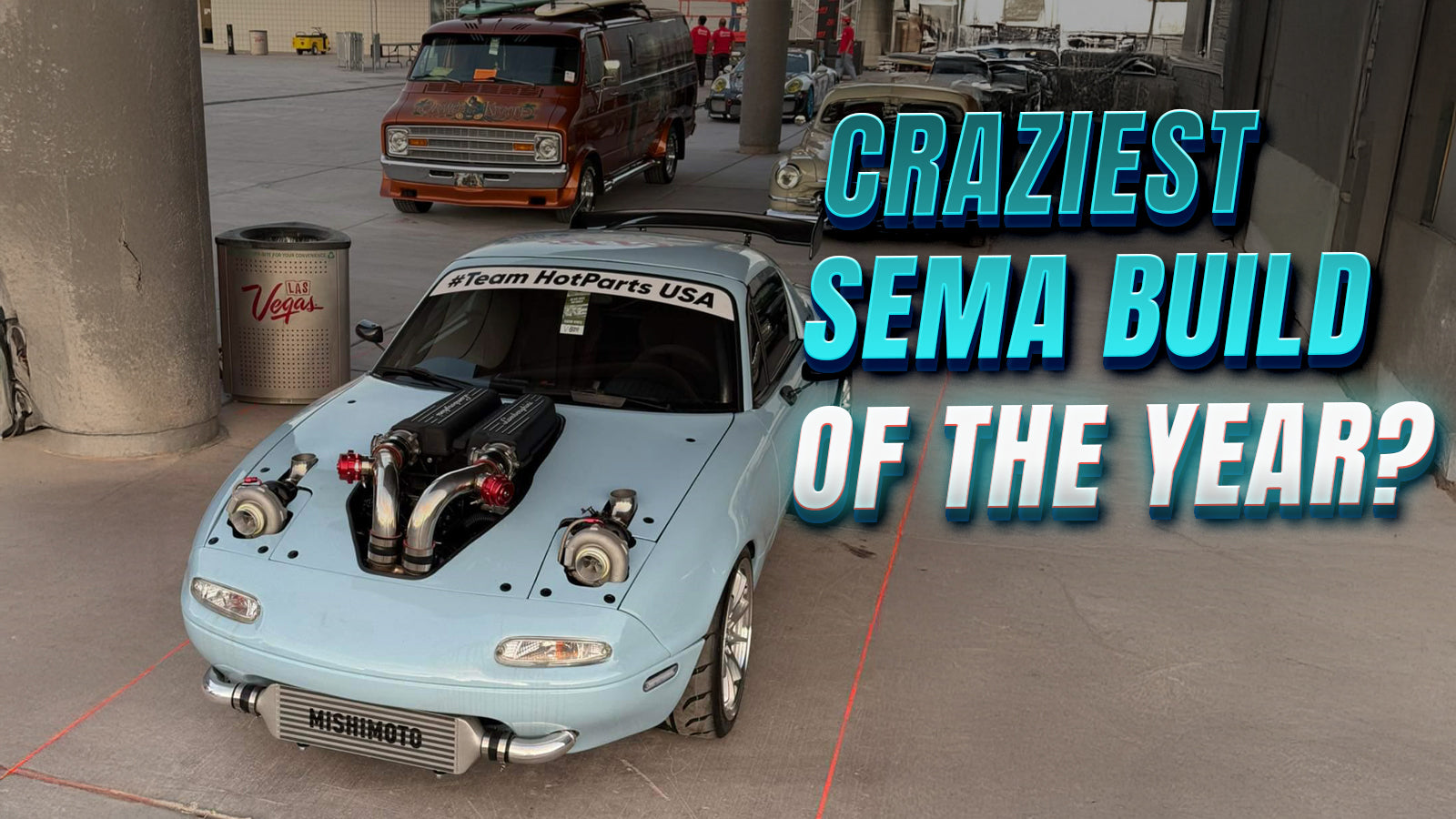Throwback Thursday: How Ford Mustang Became America’s Automotive Dream
Share
Throwback Thursday is a weekly trip down memory lane. We shed light on the cultural significance of hero cars from the past, which paved the way for the machinery we enjoy today.
For decades, American cars were known for their big, rather low-powered, unrefined V8s fitted to average-handling chassis. Somehow, the Mustang broke that stereotype and became an instant symbol of Americana. It launched a whole new genre of automobiles known as “the pony car.”
The word “iconic” is being overused nowadays, losing its essence, but the Mustang is undeniably iconic in every sense of the word. Like every significant symbol of the past or any car that defined a genre of its own, the ‘Stang also has a story to be told.
Brainchild of Lee Iacocca
The Ford Mustang owes its existence to Lee Iacocca, Ford's assistant general manager. He envisioned a car that would capture the interest of the post-war generation of “baby boomers,” with their disposable income and huge optimism. They embraced Iacocca’s idea almost instantly.

Image: The World of the Ford Mustangs (License)
Named after the WWII fighter plane P-51 Mustang, the car debuted on April 17, 1964, at the New York World’s Fair as a ‘65 model. The Mustang was built on Ford's affordable Falcon platform at that time. A “parts-bin superstar,” the Mustang used existing parts from Ford’s shelves to keep production costs as low as possible. It was offered in three distinctive body styles: a notchback, a convertible, and a fastback, giving buyers a wide variety to choose from.
With a long nose and a short rear deck, the car’s proportions created an excellent coupe form and paid perfect homage to the P-51 fighter jet’s aggressive, free-spirited looks. While definitely far from a MINI Cooper from across the ocean, the Stang was significantly compact by American standards, but it still resonated with the public, setting the standard for American muscle car design for years to come.
###img_gal###ford-mustang-introduction###img_gal###
Images: Ford USA Newsroom
A Marketing Juggernaut
The Mustang wasn’t only a fruit of engineering—it was a masterclass in marketing, too. Initially priced at $2,300 (just over $20,000 when adjusted to today’s dollars), it offered three body styles, bucket seats, a floor-mounted shifter, and a range of engines from a 6-cylinder to powerful V8s. Customers also had the opportunity to customize their Mustangs with a wide range of colors, power steering, aircon, and more. All this customization resulted in customers spending an average of $1,000 on upgrades, enabling Ford to make big bucks from the little pony car.
Ford projected sales of 100,000 units for the first year, but the public’s response was extraordinary. The marque shifted 22,000 units only on day one of the launch, 680,000 units in the first year—almost seven times the original projection, and over a million Mustangs were roaming the streets after just 18 months.

Image: Ford USA Newsroom
The car’s appeal wasn’t only limited to Ford dealerships. The Mustang almost instantly became a pop-culture phenomenon. Carroll Shelby tuned and raced them, and Steve McQueen jumped around in San Francisco in a dark green one in the movie Bullitt. The car earned both motorsports and Hollywood fame, and it even made it to a Time magazine cover, cementing its cultural significance.
The Legacy Endures
Without the little Mustang, a whole segment of muscle cars might have never existed, or at least not in the same form we know today. It inspired many competitors and helped other manufacturers create the names like the Camaro, the Firebird, or the Challenger; the cars that went on to shape American automotive culture.
###img_gal###modern-ford-mustangs###img_gal###
Images: Ford USA Newsroom
Unlike modern fads labeled “iconic,” the Ford Mustang earned its cult status through timeless appeal. It captured an era’s spirit and continues to inspire generations today.








